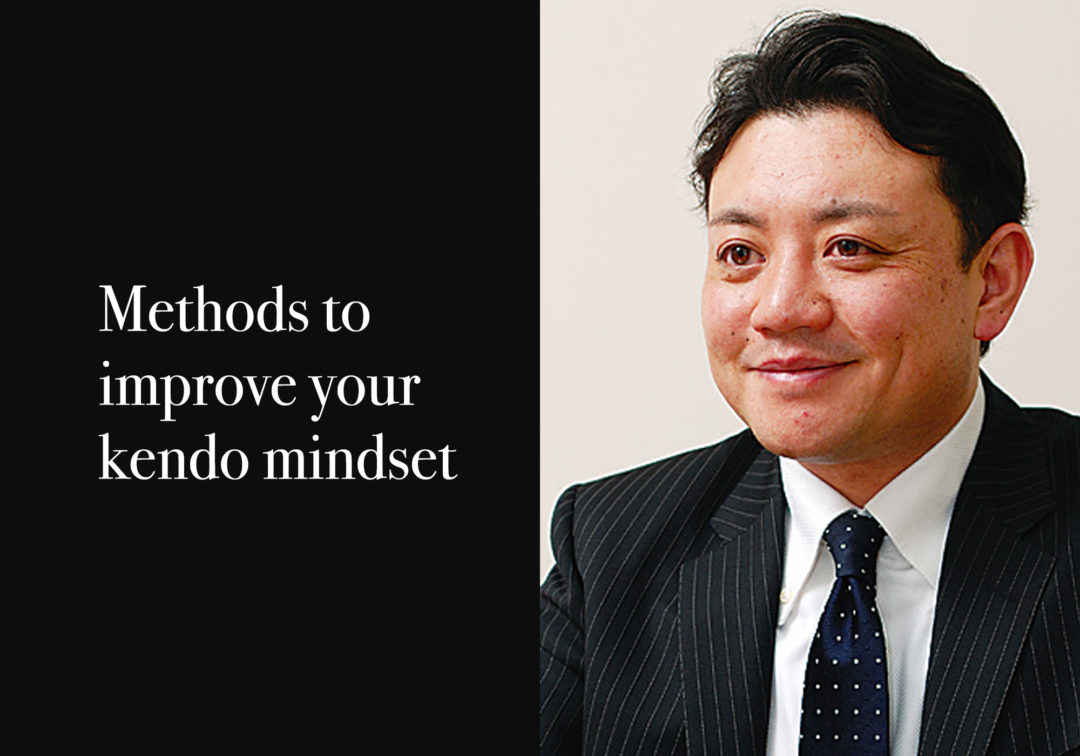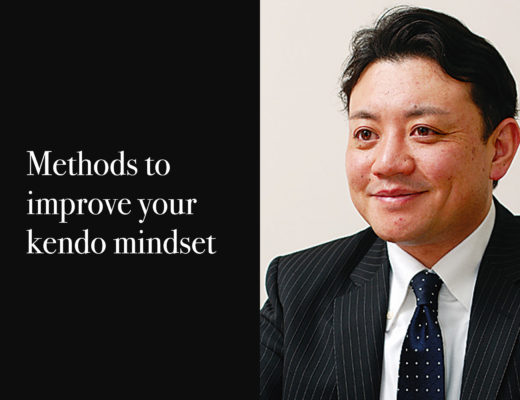My aim in writing this piece was not merely to present complex psychological research or topics, but to explain, as concretely and clearly as possible, what Kendo practitioners and athletes of various levels have “felt,” “thought,” and “put into practice” in their daily lives, while framing these experiences within psychological theories and methodologies. Each article is based on developing a story that links a specific theme in psychology with Kendo or everyday situations. If even a single phrase from these writings stays with you and serves as a source of guidance for your Kendo from tomorrow onward, it would be the greatest joy for me as the author.
Yano Hiromitsu
Born in Yuzawa City, Akita Prefecture in 1968. Graduated from Tokai University’s Faculty of Physical Education in Kendo followed by the Tokai University Graduate School of Physical Education (Sports Psychology). Graduated from Nagoya University Graduate School of Education and Development Science (Psychology). Ph.D.(Psychology). Currently a professor at the Kochi University Department of Education. As a sports psychology specialist, he worked on support for various competitions and at the same time directed the Kendo Club at Kochi university. He is also active internationally, including the position of Swedish National Kendo Team Director (2006). He has consistently developed research activities focusing on the connection between mind and body. Participated in the All Japan East-West Kendo Tournament receiving the Excellent Match Award. Kendo 7th Dan Kyoshi.
The Defeat That Shaped the Future of Japanese Kendo
In August 2009, at the 14th World Kendo Championships, Japan achieved a complete victory in all four events, reclaiming its place at the pinnacle of the Kendo world. To the Japanese national team, who fought through immense pressure, I extend my deepest respect and wholehearted praise. Congratulations and thank you.
I can still vividly remember the moment three years earlier when Japan was defeated at the 13th World Kendo Championships, held in Taiwan. In that instant, it was as if time in the arena had come to a standstill. Then, after a brief silence, a wave of roars and cheers swept through the entire venue. It was the first time the Japanese national kendo team had ever lost on the world stage.
At the Taiwan tournament, I was present as the coach accompanying the Swedish national team, and I witnessed this historic moment firsthand. The Swedish team had just achieved its first-ever place in the world’s top eight and was brimming with confidence, but Japan’s sudden defeat left everyone speechless. Strangely, however, I felt calm, and found myself vaguely wondering how things might change from here.
Immediately after the men’s team from Japan experienced their first-ever defeat in history, falling to the United States in the semifinals, the players stood silently in the official locker room, motionless. They must have been thinking about how they had changed the course of history, and wondering how they could possibly face the people back home in Japan. Their heads hung low in silence.
The rest of this article is only available for Kendo Jidai International subscribers!



